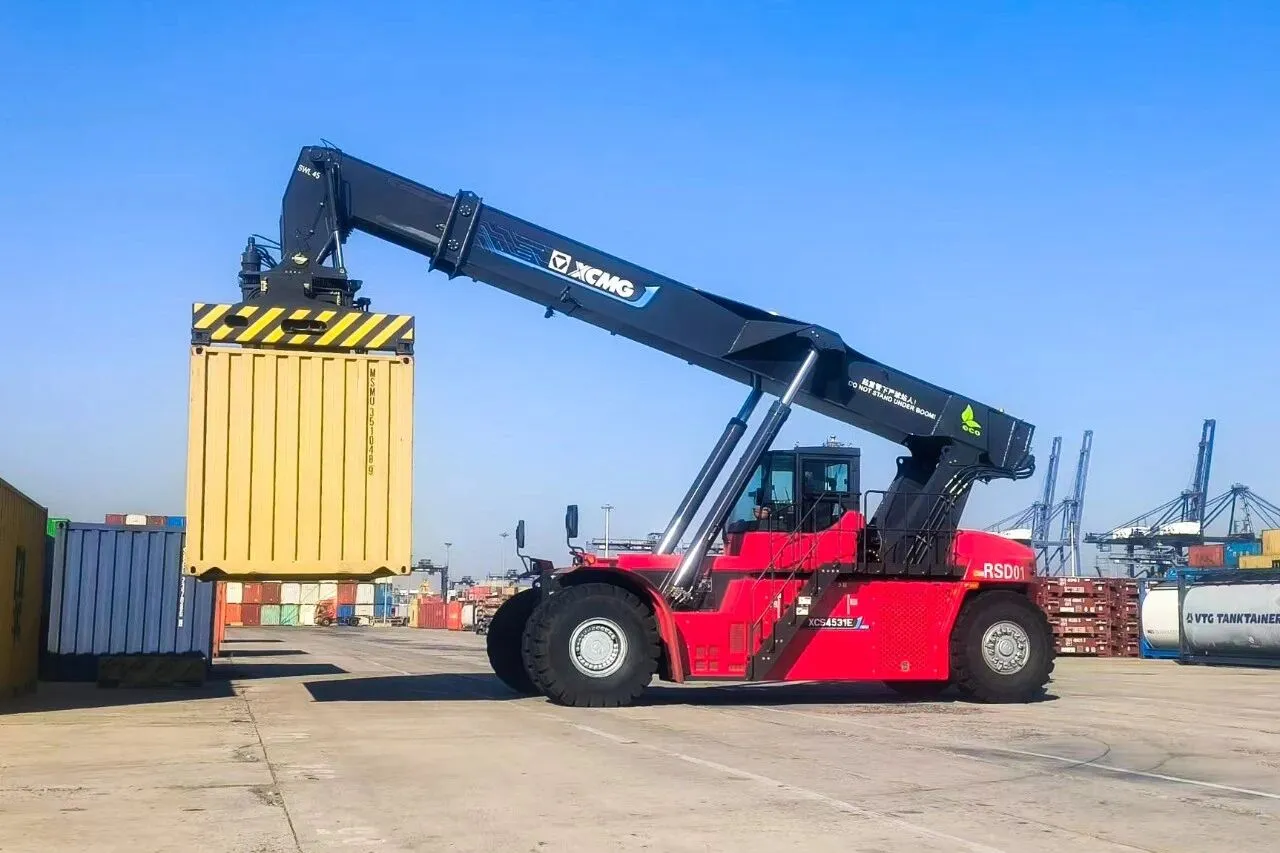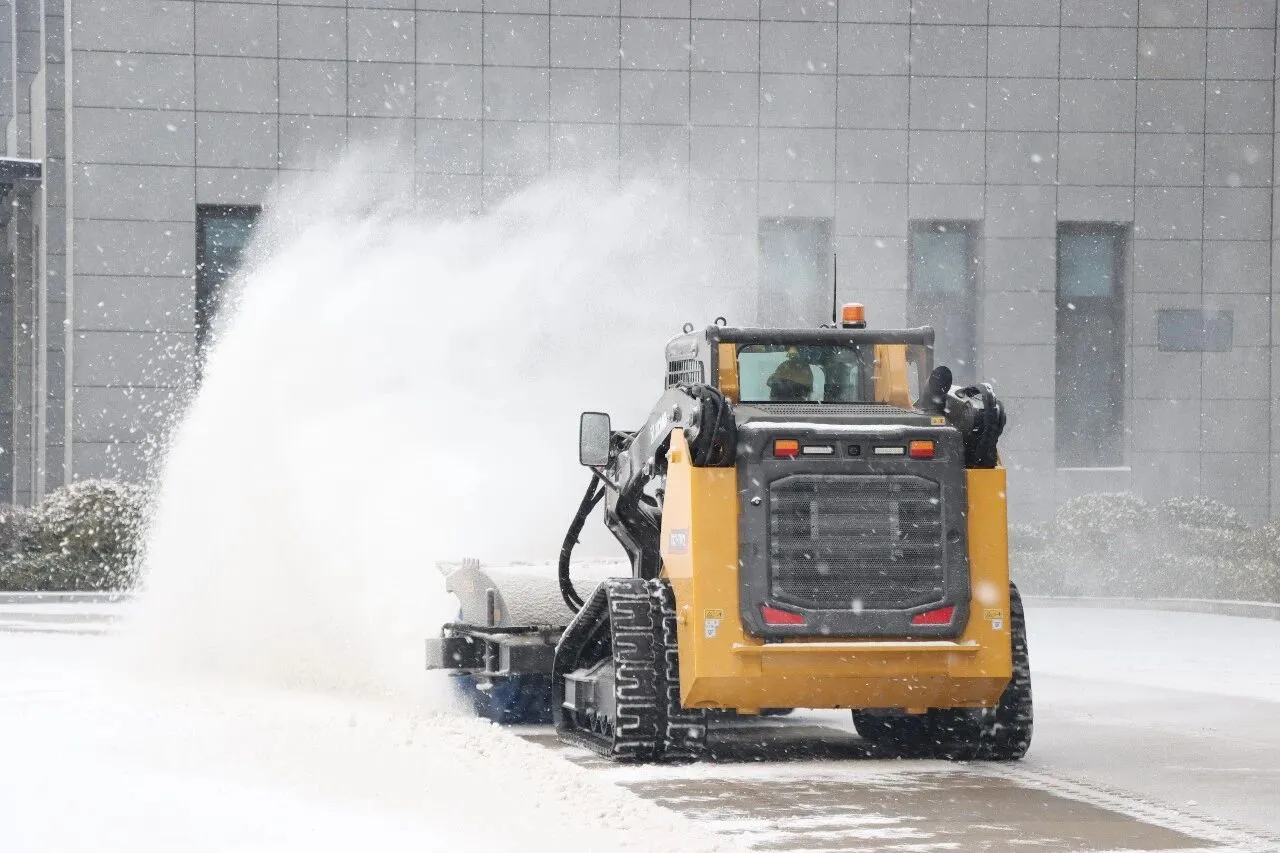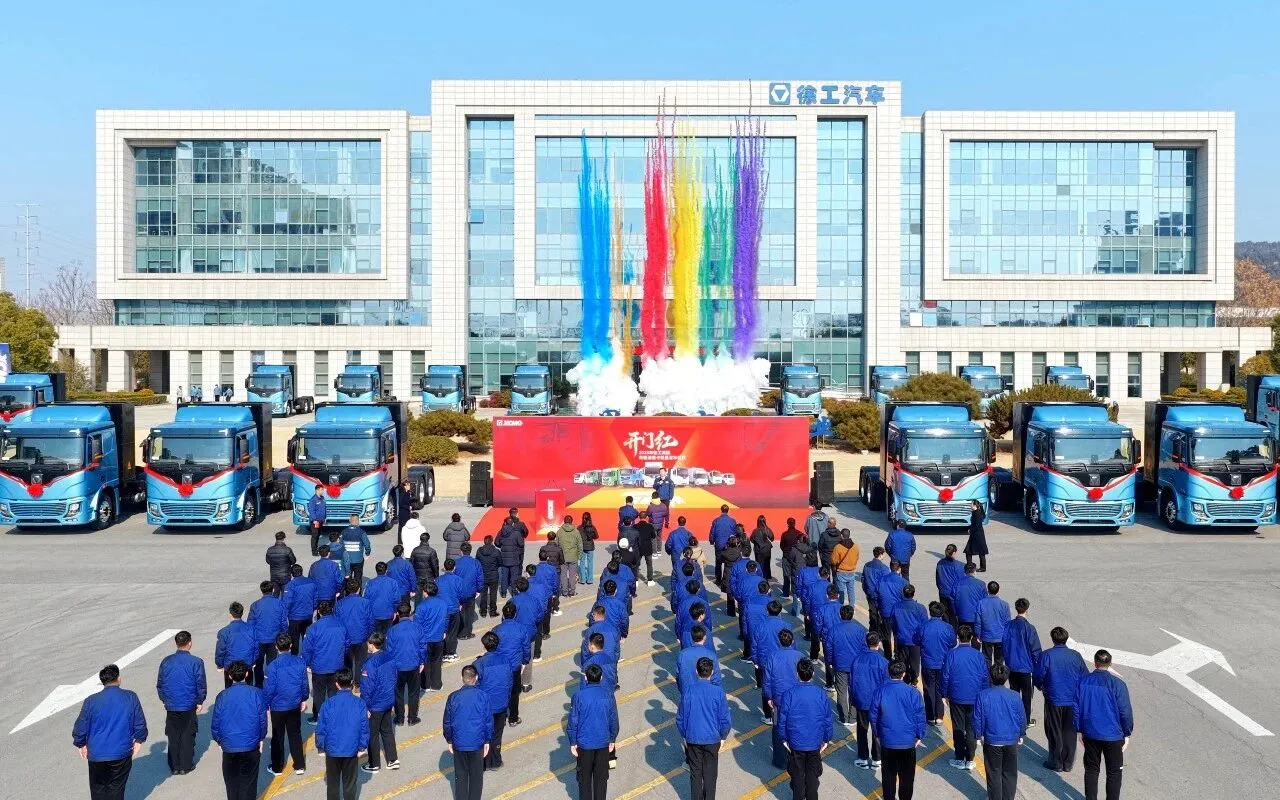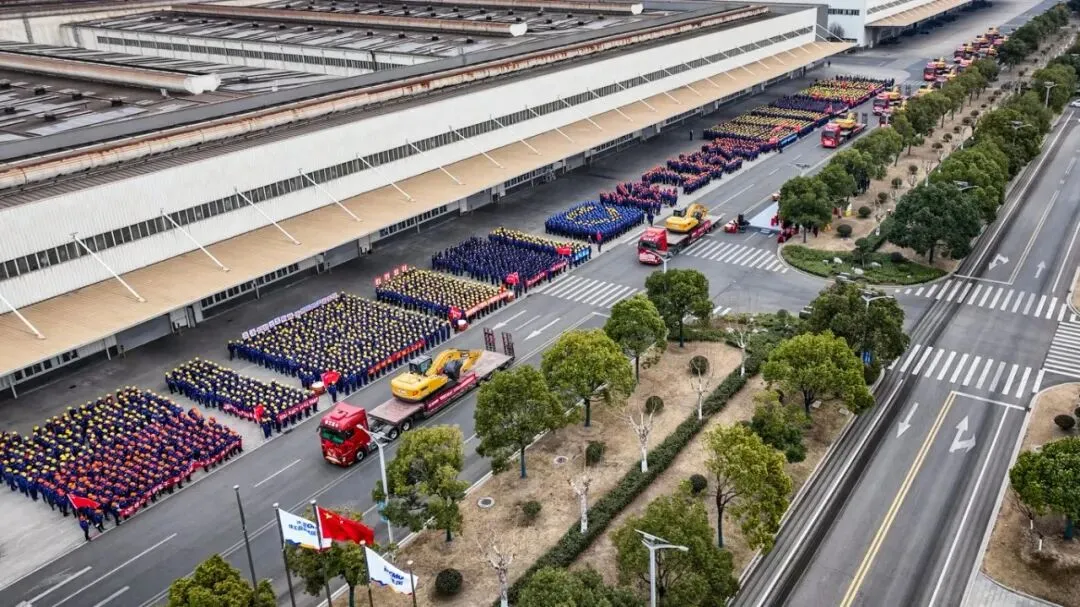EU Machinery Regulation to Impact Rental
(Belinda Smart)
A change of status in the EU’s framework
on machinery from ‘Directive’ to ‘Regulation’ will entail updates relevant to
rental firms, according to the European Rental Association (ERA).
The
draft machinery regulation – which could come into force as early as 2023 -
covers new technologies such as artificial intelligence and cybersecurity.
It will also clarify definitions and scope
relevant to rental; for example, distributors are defined as anyone who places
machinery on the market or puts it into service - which includes rental
companies.
The
regulation will also update the list of high-risk machines - and it introduces
the concept of “substantial modification” which defines conditions under which
a renovated machine is not considered a new or different one.
Another
change relates to instruction manuals, with the regulation allowing for
digital-only instructions, in a move designed to save costs for manufacturers
and rental companies.
Sustainability
requirements are not in the scope of the draft regulation, however.
The
European Commission proposed to revise the EU Machinery Directive and replace
it with Machinery Regulation in April 2021; the move is expected to reinforce
uniform application and implementation of the legislation across the EU.
The
Directive - established to ensure machines are designed and manufactured for
safety in “normal use” and to eliminate the need for additional checks if the
piece is moved to another EU member state - has to be transposed into national
law to be implemented in each EU member state.
By
contrast, “EU regulations are directly applicable across the EU without
national transposition. They have binding legal force throughout every member
state and enter into force on a set date in all member states,” a statement from
ERA confirmed.
It
is understood regulation could enter into force as early as 2023, after which
there will be an additional 30 or 48 months before it is applied.
ERA
confirmed its Technical Committee is proactively following the issue of
Machinery Regulation.





















